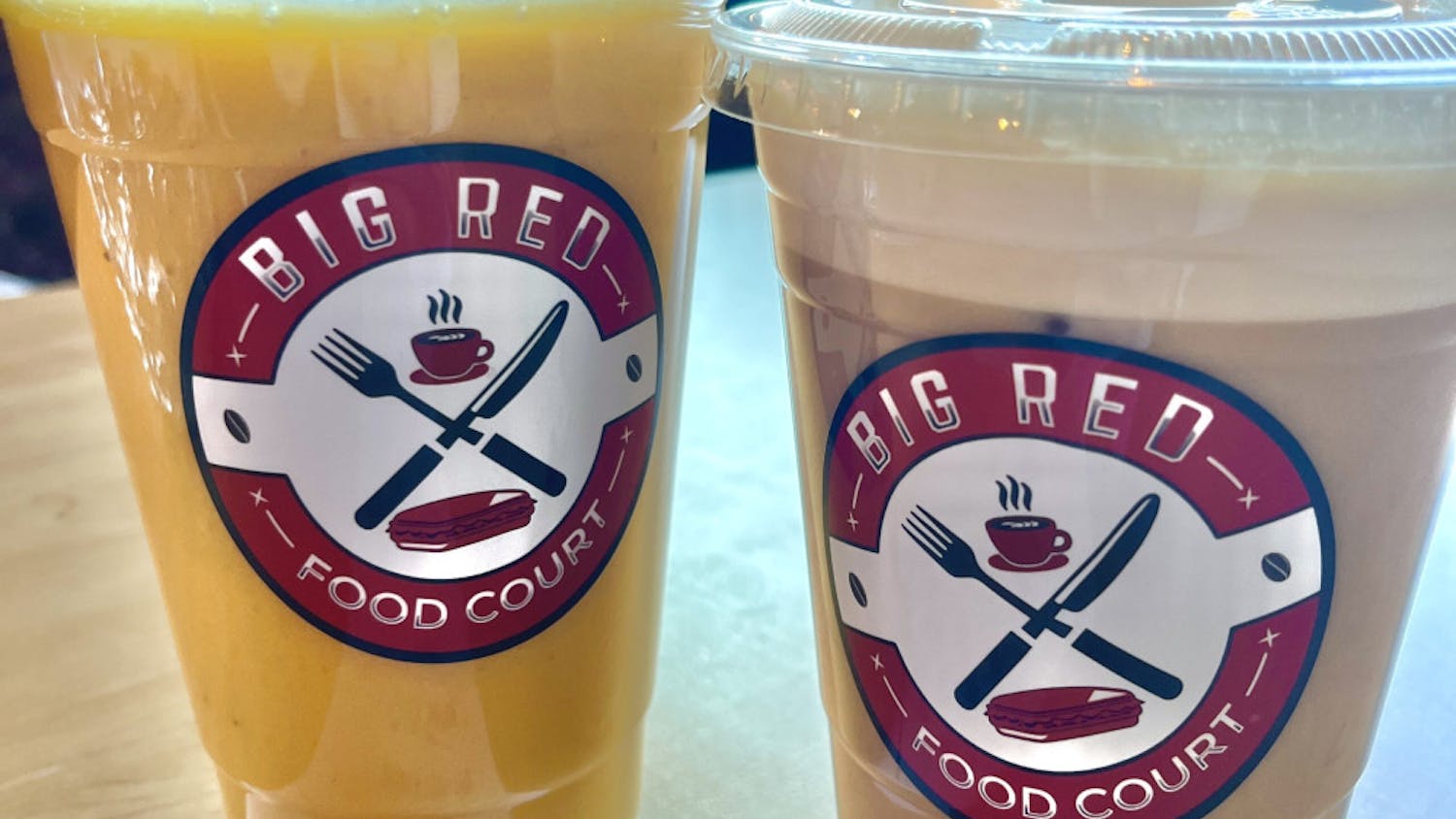I watched in horror as the half cup of uncooked Jasmine rice slipped from my hands and scattered across the carpet floor. The metal measuring cup ricocheted off the ground, projecting rice in every which way. This was my first attempt to prepare a Zen cuisine meal and, from a Zen perspective, I was having an abysmal start. My mind raced to my closet where my vacuum sat waiting and without hesitation my legs meandered to the corner. It was the quick and effortless solution. The uncooked rice that laid on the ground had already changed names, from food to trash. How did throwing away perfectly edible food become so natural to me? That label-change is all too familiar in our consumerist world. The moment we dislike food or feel full, the excess is considered trash. The USDA reports that in the U.S., 30 to 40 percent of the food supply becomes food waste. That’s over $160 billion worth of wholesome food that could help feed the world is instead thrown out each year in the U.S. alone. Once again, we choose the quick and effortless solution to deal with our excess of food. At that moment a quote from Instruction for the Tenzo, a Buddhist historical text I had been reading by Zen Master Dōgen began to echo through my head. “Treat food as if they are your own eyeballs.” I acknowledge that the saying is both striking and quirky; however, it holds a short and powerful message. Food should be respected and cared for, not wasted. Uncooked rice that falls to the ground shouldn’t become trash; it remains as food and something to be treasured. The root of this saying comes from Zen teachings; however my imagination at the time interpreted it more directly and flew to a mental image of a small suburban town of hazel-eyed residents being terrorized and sucked into the sky by a vacuum cleaner. I quickly shrugged it off. Maybe the thing I should be worried about is how I (and many others) have been conditioned to view excess food as trash. I got down on my knees and began collecting the tiny eyeballs, piece by piece. I scanned the floor; my attention narrowed as I pinched and plucked from the tightly corded carpet. My movement became rhythmic and soothing. The experience reminded me of weeding. I once despised the task as my parents dragged me outside to the family garden to remove blades of grass from the mulchy soil. However, as I got older it became a practice I learned to appreciate. Both while weeding and rice collecting, I enjoyed slowly creating order out of chaos. Once again, the measuring cup was filled with rice. For the last several weeks, I have reflected on the principles of Zen Buddhism. Zen philosophy emphasizes mindfulness, choosing to act thoughtfully and not impulsively, a life of meditation and reflection, acknowledging the interconnectedness between all forms of existence and living in simplicity and tranquility. These ideas may sound convoluted or foreign; however, they are applicable to how we treat unwanted food. Zen Buddhism asserts a holistic dogma of the world, stating that all actions and events are inherently connected. It is understood that the food on our plate is not only there to feed ourselves, but to feed all beings on Earth. In “Instruction for the Tenzo”, Dōgen describes the role of the Tenzo, which is the position of head cook. He claims that the Tenzo is the most important position held within the monastery and emphasizes the attention to detail and respect for food needed to perform the job. When explaining how to cook with varying ingredients, he says, “your attitude towards things should not be contingent upon their quality.” We spend most of our lives preparing, washing, cooking, gathering and eating food. Food is a direct reflection on how we treat ourselves and the ecological impact of our daily lives. It is important to respect food in the same way we respect ourselves. When we waste or throw out food, it reveals the disconnect between ourselves and nature, the disconnect between us and the resources and labor needed to transport the food onto our plate. Zen philosophy challenges that disconnect and forces us to acknowledge that the food we waste could easily fill the stomach of another being in need. I hope you reconsider the next time you have leftover food on your plate or when uncooked hazel-eyeballs cover your living room floor. Resist the dumpster and vacuum cleaner. The unused is not trash — it is food. If we hope to create a future free from malnutrition, starvation and food insecurity, we first must look inward and cultivate that change from within ourselves. It begins with our food.
For students that want to discover more ways they can reduce their own food waste, please reach out to the Cornell Food Recovery Network via cornellfrn@gmail.com or on their website cornellfoodrecoverynetwork.com!
Danyeh Gutema is a junior in the College of Engineering. He can be reached at dlg96@cornell.edu.











